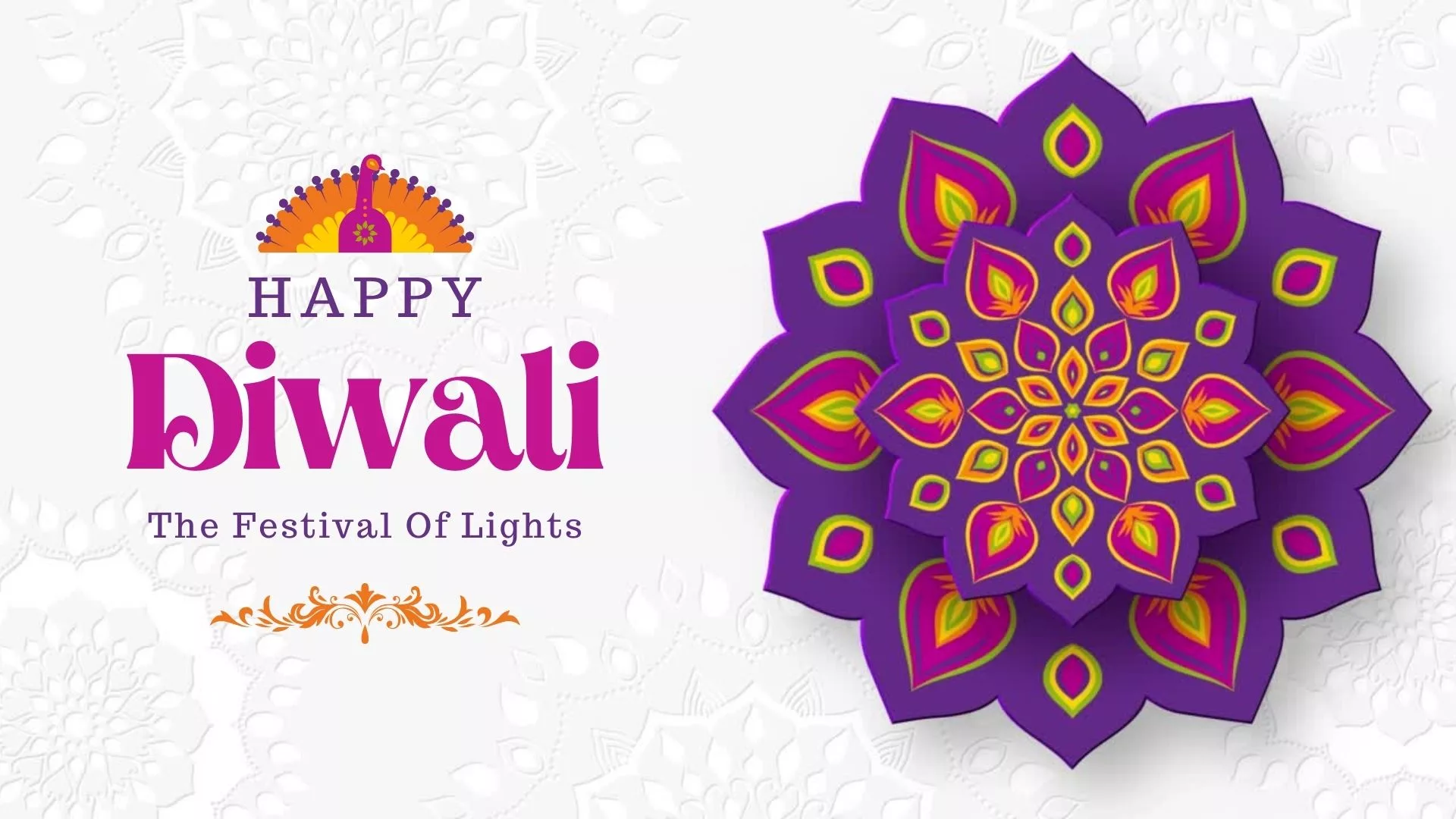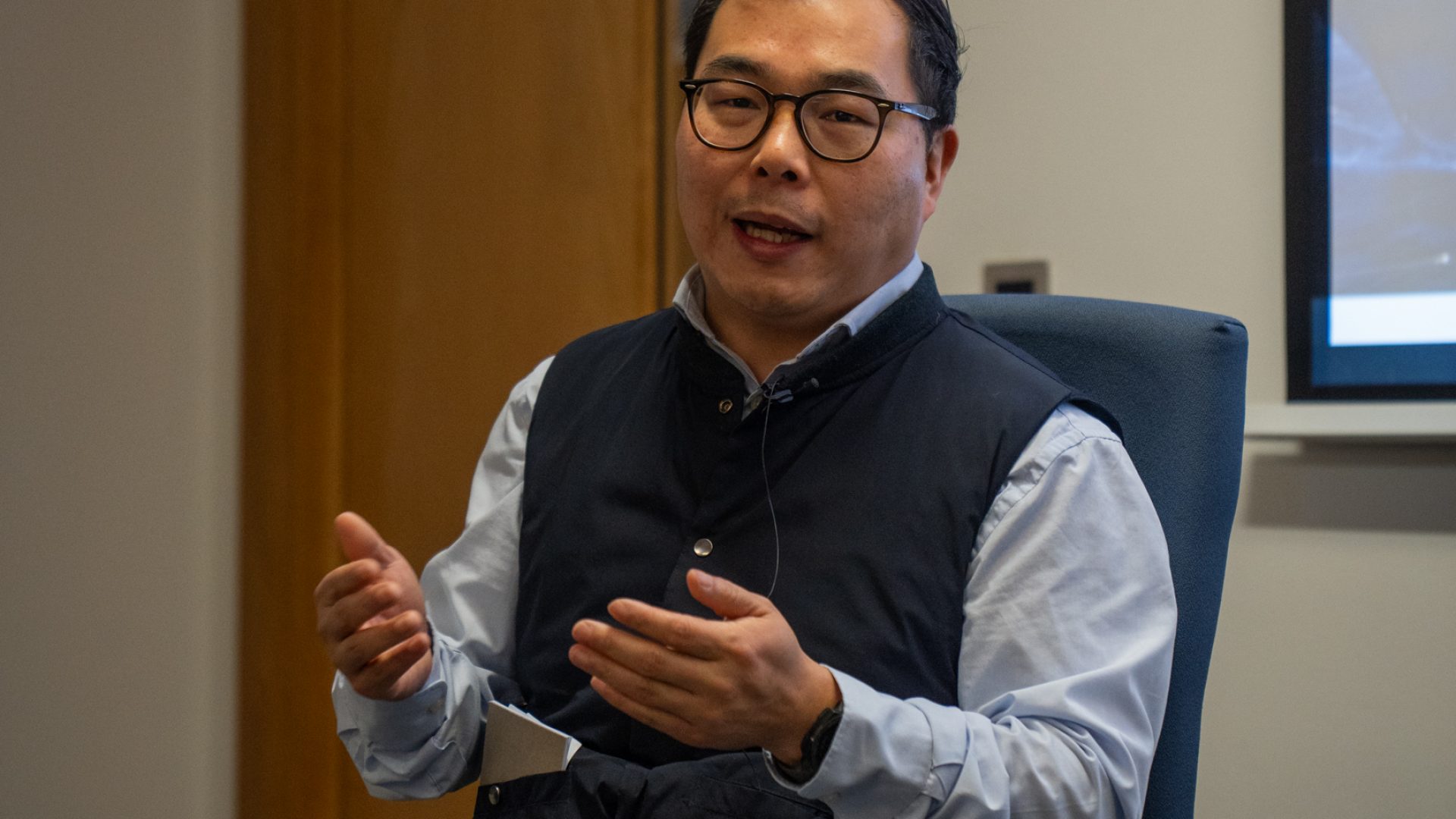As the vibrant lights of Diwali illuminate our surroundings, The Asia Scotland Institute extends its warmest wishes to our friends and followers celebrating this auspicious occasion. Diwali, known as the Festival of Lights, is not just a celebration of victory over darkness, but a testament to the enduring spirit of hope, unity, and renewal that transcends cultures and borders.
Celebrating Diwali – The Festival of Lights
Diwali, celebrated on 31st October in 2024, offers a wonderful opportunity to explore the significance, traditions, and cultural impact of this beloved festival. Join the Asia Scotland Institute as we delve into what makes Diwali so special and why it is celebrated worldwide.
What is Diwali?
Diwali, also known as Deepavali, is a major festival celebrated by millions around the world, particularly in Hindu, Jain, Sikh, and Buddhist communities. The name ‘Diwali’ is derived from the Sanskrit term ‘Deepavali’, which means ‘row of lights’. This festival is celebrated over five days and is known for its vibrant display of lights, lamps, and fireworks. The lighting of diyas (oil lamps) is a significant element, symbolizing the lifting of spiritual darkness and the awakening of inner light.
Why is Diwali Celebrated?
The celebration of Diwali is steeped in various historical and mythological stories that differ across regions and religions. For many Hindus, it marks the return of Lord Rama to Ayodhya after defeating the demon king Ravana, as depicted in the epic Ramayana. In Jainism, it commemorates the nirvana of Lord Mahavira, while Sikhs observe it as the day Guru Hargobind Ji was freed from imprisonment. Despite these different historical contexts, the underlying theme of Diwali is the triumph of light over darkness, good over evil, and knowledge over ignorance.
How is Diwali Celebrated?
The celebration of Diwali is marked by several key activities. Homes and public spaces are adorned with diyas (oil lamps), candles, and colourful rangoli artworks. Fireworks light up the night sky, while families gather for feasts, share sweets, and exchange gifts. Special prayers, known as Puja, particularly to the goddess Lakshmi, the deity of wealth and prosperity, are a significant aspect of the festival.
Diwali Traditions and Cultural Significance
Each region in India and communities around the world have their own unique ways of celebrating Diwali. From the lighting of lamps to the preparation of traditional sweets, these customs not only add to the festival’s charm but also reflect the rich cultural diversity of the regions that celebrate it:
1. Northern India’s Traditions
In Northern India, Diwali is often associated with the story of Lord Rama’s return to Ayodhya, and thus, the lighting of diyas symbolizes the light that guided him home. In Southern India, particularly in Tamil Nadu and Karnataka, Diwali is celebrated as the defeat of the demon Narakasura by Lord Krishna, marking a victory of good over evil. Homes are cleaned and decorated, and families wake up before dawn for an oil bath, signifying a cleansing of evil and impurity.
2. Eastern India’s Traditions
In West Bengal and other parts of Eastern India, Diwali is celebrated as Kali Puja. Goddess Kali, known for her destruction of evil, is worshipped during this time. The rituals are intense and powerful, often involving large-scale pandals (temporary structures) where the goddess’s idols are displayed.
3. Western India Celebrations
In Western states like Gujarat, Diwali marks the beginning of the new year. The Gujarati community celebrates with great enthusiasm, with homes being adorned with lights and rangoli designs. The tradition of playing cards is also popular, symbolizing the goddess Parvati’s game of dice with her husband, Lord Shiva.
4. Sweets and Savories
Food plays a central role in Diwali celebrations. Families prepare a variety of sweets and savouries, which are shared with neighbours, friends, and relatives. Popular items include ladoos, jalebis, samosas, and kachoris. These delicacies are not just a treat for the palate but also a means of spreading joy and fostering community bonds.
5. Rangoli Art
Rangoli, the art of creating intricate designs on the ground using coloured powders, rice, or flowers, is a significant tradition. These beautiful patterns, typically drawn at the entrance of homes, are believed to welcome the gods and bring good luck.
6. The Significance of Light
The most universal aspect of Diwali is the lighting of lamps and candles. This act is deeply symbolic, representing the light of knowledge and consciousness dispelling the darkness of ignorance. In a broader sense, Diwali is a celebration of awareness and enlightenment, both within and in the world around us.
7. Cultural Impact and Unity
Diwali’s traditions go beyond mere celebration; they are a reinforcement of age-old values and ethics. The festival fosters a sense of unity, bringing people together regardless of their socio-economic background, and promotes values such as sharing, compassion, and the triumph of good over evil. In a world that often seems divided, Diwali stands as a beacon of hope and togetherness.
Diwali’s Global Impact and Celebrations Around the World
Diwali’s appeal extends far beyond its traditional roots in South Asia. Today, it’s celebrated around the world, including in the UK, the USA, Canada, Australia, and many other countries. This global spread has led to a fusion of traditions and increased cultural understanding, making Diwali a truly international festival.
Embracing the Spirit of Diwali
As we celebrate Diwali, the Asia Scotland Institute encourages everyone to embrace the universal messages of hope, unity, and renewal that this festival represents. Whether you’re lighting a diya, enjoying festive sweets, or simply spending time with loved ones, Diwali offers a moment to reflect on the triumph of light over darkness, knowledge over ignorance, and the power of good will.
Happy Diwali to all, and may this festival fill your homes and hearts with light and happiness.




